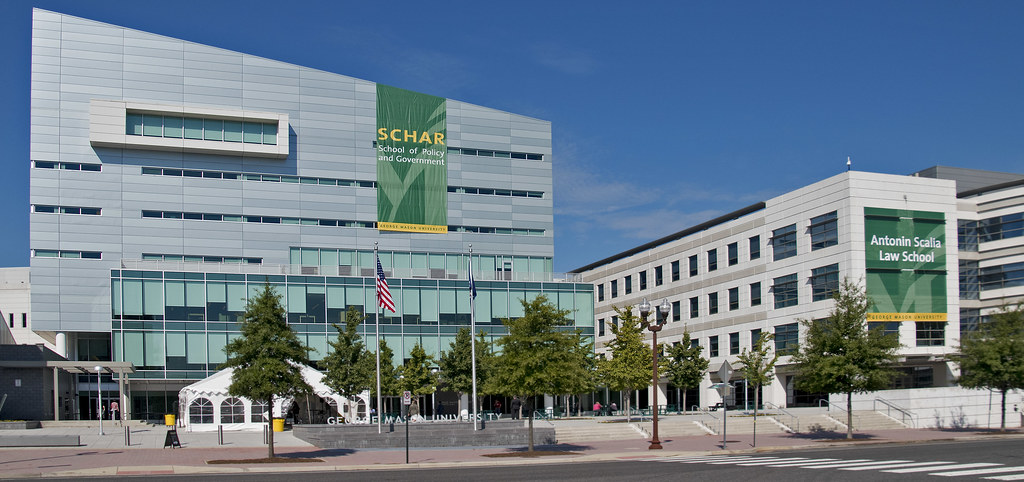Center for Judicial Ethics
National Center for State Courts
300 Newport Ave
Williamsburg, VA 23185
Re: Big Tech Creating Expert Conflicts of Interest
We are a diverse coalition of advocacy organizations with a strong interest in the fair and neutral application of the law by courts. We write to express our concern about the growing problem of bias and conflicts of interest that arise from Big Tech funding the careers of the legal experts that judges draw on to understand the law and support their decisions. We ask that the Center for Judicial Ethics assist judges to avoid citing to experts and academics with obvious conflicts of interest as they adjudicate the many cases regarding the Big Tech platforms. We further ask that you encourage judges to require comprehensive disclosure by experts hired by Big Tech platforms.
It is a time of rising legal scrutiny for the largest technology platforms. Tech firms, especially Google, Apple, Facebook, and Amazon, face increasing litigation before state and federal courts. Judges in these cases are asked to administer some of the most complex and impactful cases in recent memory, affecting the largest companies by market capitalization in the world. This on its own is no easy task.
Big Tech has made it more difficult to impartially administer justice by lavishly funding legal experts and academics throughout the country. To be clear, this is well beyond paying an expert for their skills and time at trial. Instead, the Big Tech firms have systematically funded the careers of many of the country’s foremost legal experts for years as legal scrutiny has built toward trials. This funding creates fundamental conflicts of interest that put these experts’ credibility in question especially when they are cited to determine the antitrust liability of their funders.
For example, in the case against Facebook brought by the FTC and 48 State Attorneys General, the judge cited heavily to academics which receive regular funding from Facebook. Many of these academics are associated with the Global Antitrust Institute, a think tank at George Mason University which is primarily funded by tech companies like Google, Amazon, and Facebook. When the judge in this case dismissed the Facebook cases, he cited Donald Ginsburg (the current chair of GAI’s board of advisors) and Koren Wong-Ervin (who was director of GAI before going to work for Qualcomm—another tech company under substantial antitrust scrutiny).
As industries concentrate, the biggest players tend to spend more money trying to buy influence rather than competing. Research shows Big Tech is doing just this in academia by trying to buy influence in academic and public discourse. The Center for Judicial Ethics has a critical role to play in preserving the integrity of the courts. We urge you to provide guidance and training to judges to avoid relying on academics and experts who take funding from Big Tech and other corporate giants under antitrust scrutiny. Where judges must rely on conflicted experts, they should require disclosure for the funding sources of each expert so the public and the legal community can accurately assess the interests of these experts.
The integrity of our courts can only exist while the public trusts that the law and those that adjudicate it are not simply implementing the will of the highest bidder. The Center for Judicial Ethics has long been a champion of the ethics that allow the public to trust the courts and the decisions which issue forth from them. We hope that you will rise to this moment as well by providing urgently needed guidance and training for judges in these critical fields.
Sincerely,
American Economic Liberties Project
Consumer Federation of America
Demand Progress Education Fund
People’s Parity Project
Revolving Door Project
UltraViolet
Professor Marshall Steinbaum, in his individual capacity
Image: “The Schar School of Policy and Government, and the Antonin Scalia Law School — George Mason University Arlington (VA) Campus 2016” by Ron Cogswell is marked with CC BY 2.0.

